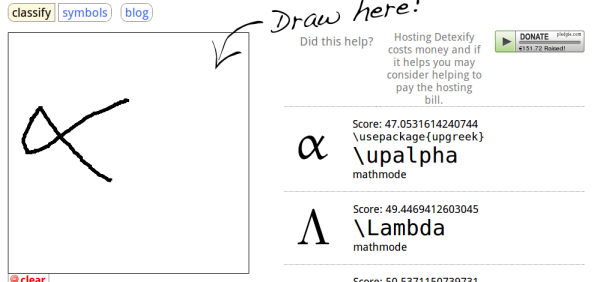I just found this presentation, and thought it’s worth bringing it to the attention of ap.com readers:
Anita de Waard is the director of Disruptive Technologies at Elsevier. A company that has a position with such a name has my sympathy. Looks like publishers are slowly realizing that they can have a huge impact on how science is done, and how fast it moves, if they simply paid more attention to modern trends.
Only habit prevents us researchers from realizing that the media we use the most, a paper article with a review cycle of years, is woefully wrong in this day and age.
A somewhat related idea are the 5 stars of open linked data:
★ make your stuff available on the web (whatever format)
★★ make it available as structured data (e.g. excel instead of image scan of a table)
★★★ non-proprietary format (e.g. csv instead of excel)
★★★★ use URLs to identify things, so that people can point at your stuff
★★★★★ link your data to other people’s data to provide context
If scientists and publishers have opendata in mind (and the trend is there!) doing research becomes more fun immediately (no more mails to the authors asking for data that get no response). Seeing that the academic publishing industry has at least one person (Anita) that gets it makes me feel good. Looks like Elsevier has a head-start.


